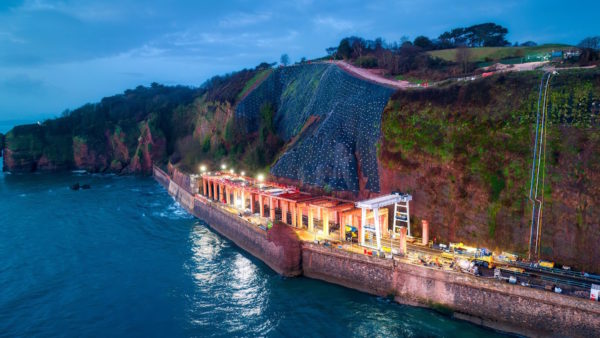
Digital twins have a language problem, and a new initiative aims to address it.
A team involving the Institution of Engineering and Technology (IET), the University of Sheffield Advanced Manufacturing Research Centre (AMRC), the Construction Leadership Council (CLC), techUK and the Alan Turing Institute (the UK’s national institute for data science and AI) and the Centre for Digital Built Britain (CDBB) as a partner in the Construction Innovation Hub, will explore the language problem with digital twins that arises from a lack of coordination and consistency between sectors.
The ‘Apollo Protocol’ aims to help different industries communicate more effectively, reducing silos and improving allowing co-ordination fto become more collaborative and sustainable. The team noted in a press release that “at present, the manufacturing and built environment sectors are developing their concepts of digital twins separately”.
Professor Rab Scott, head of digital at the AMRC, part of the High Value Manufacturing Catapult, said: “We have built a unique team that brings together the manufacturing, technology and built environment sectors together in a way never seen before.
“We want to ensure our sectors are being proactive in meeting the challenges ahead of us in terms of climate change and ensuring resilience of products that operate in the built environment.”
Rick Hartwig, IET built environment lead, said: “Digital twins offer huge benefits for society, but only a coordinated approach to the language used will allow those benefits to be realised.
“There are many steps to improving information management – from the manufacturers and their product information and frameworks, to technology companies producing in the digital twin space who need the availability of data to construct models.
“It goes much further than just the manufacturing, built environment and technology industries – policy makers will only meet their sustainability goals if they can provide clarity during procurement for the market to respond effectively so it will take a whole system approach.”
Neil Thompson, co-chair of the IET’s built environment panel, said: “I’m excited to embark on the next phase of our transformation journey as a sector. Building an internet of twins that integrates seamlessly into our built environment is a challenging but worthy cause. We realise that we cannot do this alone and depend on our digital connections to the manufacturing and technology sectors.”
The project team will bring together experts in the field and intends to publish a white paper later in the autumn identifying some of the challenges.
For more information, contact [email protected] with the subject, The Apollo Protocol.












